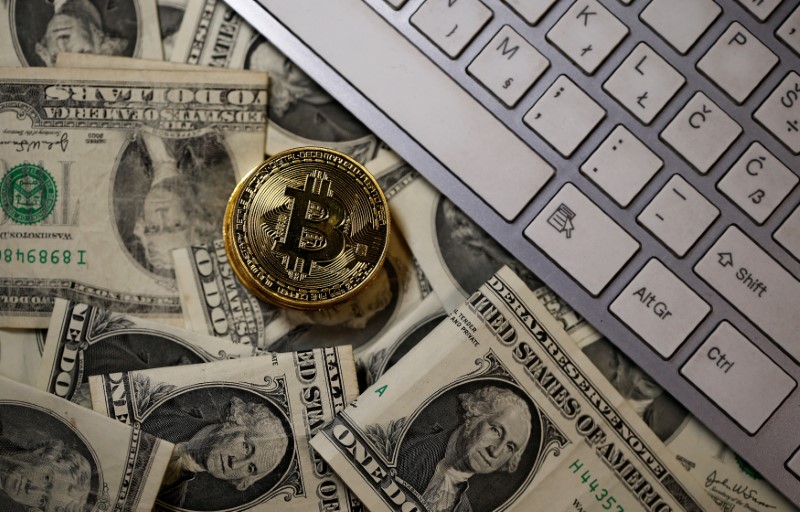U.Today - Nassim Nicholas Taleb, a risk analyst and the author of books on uncertainty “Black Swan,” “Antifragile” and others, has offered his explanation of how exactly the Japanese market collapse developed. The one that caused Bitcoin to crash during the past week.
Taleb's breakdown of Japan's market crash
Taleb commented on the recent collapse of Japanese stocks witnessed by the global financial community and the army of crypto investors since that crash made Bitcoin plunge.Recently, major Japanese Nikkei 225 stock index experienced a drastic plunge after the Japanese central bank conducted an interest rate hike. Taleb commented that the BOJ (Bank of Japan) had kept zero interest rates for almost 33 years, and for 23 years until now it had injected quantitative easing measures into its economy. All of these measures, Taleb stated, “come at a price you eventually must pay.”
He also pointed out that many experts have always named Japan as the place where this QE strategy has been successful. Unlike Japan, the U.S. has been frequently combining the tightening and loosing strategies regarding the interest rate. Still, the country has been facing big inflation over the past few years.
While the BOJ is considering further interest rate increases, many experts around the world are criticizing the Japanese central bank for this move, believing that it was made untimely. Mari Iwashita, chief market economist at Daiwa Securities Co, believes that before making its next move, Japan needs to see which direction the U.S. economy will go — whether it will enter a recession or make a soft landing.
Japan makes Bitcoin crash
Following the plunge of the Japanese stock market, the turmoil was caught by the U.S. markets, and Bitcoin with the rest of the crypto followed suit. After major U.S. stock indexes nosedived, Bitcoin lost 18% in a couple of days, falling from the $61,000 mark to the $49,750 zone. By now, Bitcoin is changing hands at $55,140.Bitcoin advisor to the El Salvador president Nayib Bukele, Max Keiser, has also commented on the recent situation in the financial markets, mostly referring to the U.S.
He stated that the damage has been minor and that if he were in the Fed’s shoes he would leave the interest rates unchanged to “let another 40% or more of air out of these markets.”
